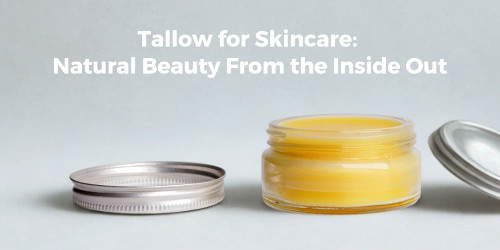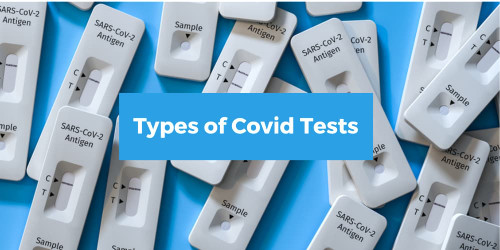What is Air Filtration?
Air filtration refers to the process of removing particles and pollutants from the air, ensuring that the air we breathe is clean and safe. These particles can include dust, pollen, pet dander, mold spores, bacteria, viruses, and even fine particulate matter (PM2.5) from outdoor pollution.
Why Clean Air Matters
Imagine if the air around us was filled with tiny invisible particles, some of which could make us sick. Pollutants like dust, allergens, and tiny particles from smoke and car exhaust can float around in the air, making it less pure and safe to breathe. Breathing in these pollutants can lead to health problems like allergies, asthma, and other respiratory issues. This is where air filtration comes to the rescue.
How Air Filtration Works
Air filtration is like having a super-cleaner for the air in your home or workplace. It's a device or system that captures and removes these nasty particles from the air, making it safe and clean to breathe. Think of air filtration as a superhero that saves the day by keeping the air around you pure and fresh.
Benefits of Air Filtration
1. Better Health
Clean air reduces the risk of allergies and respiratory problems. It's especially helpful for people with asthma or other lung conditions.
2. Allergy Relief
Air filtration reduces allergens like pollen, dust mites, and pet dander, helping people with allergies breathe easier.
3. Odor Control
Activated carbon filters remove unpleasant odors, making indoor spaces more pleasant and comfortable.
4. Enhanced Comfort
With cleaner air, homes and workplaces become more comfortable and enjoyable.
5. Protection from Outdoor Pollution
High-efficiency filters can keep fine particles from outdoor pollution outside, ensuring your indoor air stays fresh and healthy.
6. Energy Efficiency
By preventing dust and particles from clogging heating, ventilation, and air conditioning systems, air filters help them run more efficiently, saving energy and reducing utility bills.
Types of Air Filters
Several types of air filters are used to improve indoor air quality. Each type has its specific strengths and limitations:
- Mechanical Filters
High-Efficiency Particulate Air (HEPA) Filters: These filters are highly effective at trapping particles as small as 0.3 microns, making them excellent for removing allergens and fine dust.
Fibreglass Filters: Commonly used in HVAC systems, fiberglass filters are cost-effective but less efficient at capturing smaller particles.
2.Activated Carbon Filters
Activated carbon filters are exceptional at absorbing odors, gases, and volatile organic compounds (VOCs). They are often used in air purifiers and ventilation systems.
3.Electrostatic Filters
These filters use an electric charge to attract and trap particles. They can be effective, but their efficiency may decrease over time
4. UV-C Air Purifiers
These systems use ultraviolet (UV) light to kill bacteria, viruses, and mold spores. They are often used in hospitals and healthcare settings.
5.Ozone Generators
Ozone generators release ozone (O3) to neutralize odors and kill microorganisms. However, their use is controversial due to the potential health risks associated with ozone exposure.
At MedCart, we stock a wide range of air purifiers and filters to suit different needs and budgets. Our air purifiers are designed to remove airborne contaminants such as dust, pollen, smoke, and pet dander. They also help to reduce odors and improve air quality. We have air purifiers with filters that can last for up to 12 months, making them a cost-effective way to keep your home or office air clean and fresh.
Conclusion
Clean air is a fundamental human right, and air filtration plays a crucial role
in ensuring that we can breathe freely in a world increasingly plagued by
pollution. Whether in our homes, workplaces, healthcare facilities, or
vehicles, air filtration is essential for safeguarding our health and
well-being. As technology advances, air filtration systems will become even
more efficient, accessible, and integrated into our daily lives. It's clear
that clean air is not a luxury but a necessity for a healthier and happier
life.















